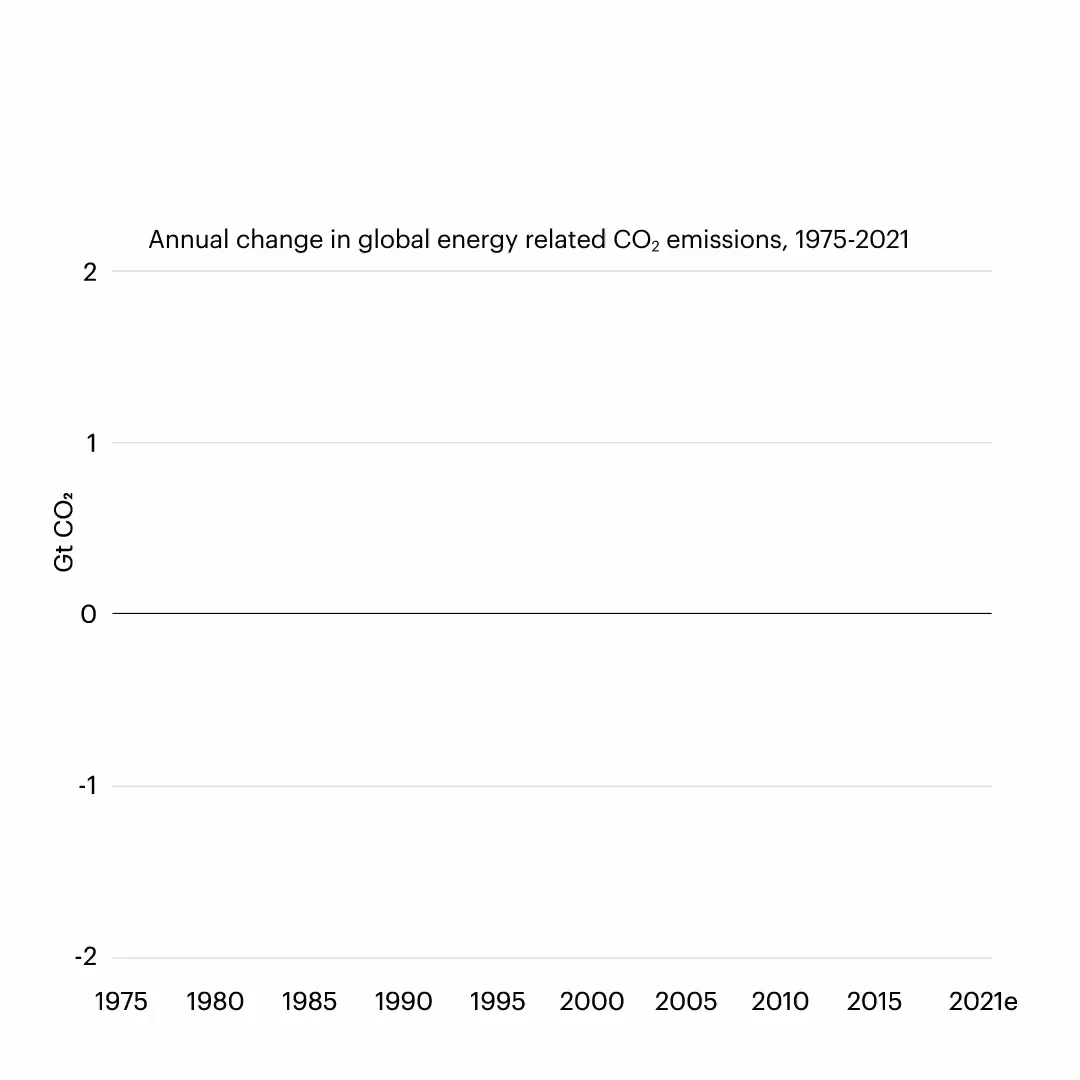On Thursday, it is Earth Day, a day that should be a day to celebrate the beauty of our planet. I wish that this newsletter would be nothing else than a celebration of the planet's nature and diversity. I would then start with a picture of the short walk I did this afternoon to get me away from my desk, where I spend too many hours. I would write about the history, the plants, and the birds that I heard singing. Let me briefly take you with me; this is where I walked.
But now, back to reality. I hope you read the sad conclusions of the World Meteorological Organisation's study that I shared with you yesterday. Today, the International Energy Agency (IEA) published another report relevant for our assessment on Earth Day of our state of the planet. I'm sorry to say that today's news is again profoundly worrying. But if you want to see change for a better world, you need to know the hard facts.
Global Energy Review
These are the main conclusions from this year's Global Energy Review, the annual IEA update on the latest trends in world energy and CO2 emissions. It covers all the main fuels and technologies and provides insights across regions, economies, and countries.
Global energy-related carbon dioxide emissions are on course to surge by 1.5 billion tonnes in 2021. It is the second-largest increase in history and will reverse most of last year's decline caused by the Covid-19 pandemic.
This increase would be the most significant annual rise in emissions since 2010, which was the year of the carbon-intensive recovery from the global financial crisis.
The IEA estimates that CO2 emissions will increase by almost 5% this year to 33 billion tonnes. The critical driver is coal demand, which the IEA predicts to grow by 4.5%. The electricity sector accounts for three-quarters of this increase.


The IEA expects global energy demand to increase by 4.6% in 2021, led by emerging markets and developing economies that will push it above its 2019 level.
Demand for all fossil fuels is on course to grow significantly in 2021, with both coal and gas set to rise above their 2019 levels. Oil is also rebounding strongly but will likely stay below its 2019 peak, as the aviation sector remains under pressure.
Coal
Despite the accelerating demand for renewables, the expected rise in coal use dwarfs renewables by almost 60%. The IEA predicts that more than 80% of the projected growth in coal demand in 2021 will come from Asia, led by China. Coal use in the United States and the European Union is also on course to increase but will remain well below pre-crisis levels.
Renewables
There is positive news about electricity generation from renewables; the IEA expects a leap by over 8% in 2021, accounting for more than half of the increase in overall electricity supply worldwide. The most significant contribution to that growth comes from solar and wind, which are on track for their largest annual rise in history. Electricity generation from wind will grow around 17% from last year, while the IEA predicts that electricity generation from solar PV will increase by almost 18%.
Renewables may reach a 30% share of electricity generation worldwide in 2021. That will be their most significant share of the power mix since the beginning of the Industrial Revolution. It would be up from less than 27% in 2019. China will likely account for almost half of the global increase in electricity generation from renewables, followed by the United States, the European Union, and India.
But at the end of the day, it is the total amount of greenhouse gas emissions that will impact our future on this planet. A rise in renewables becomes relevant if these replace fossil fuels; the climate won't improve from just adding renewables to the mix of growing worldwide fossil energy use.
Photo
To remind you what is at stake: this was this afternoon, close to home. Some walk by, while others take a moment to enjoy the beauty. I took this picture to share with you.
The last thought before I let you go: please vote for leaders that care about our planet. They will likely be the same leaders that care about you. We need more of those, and so does the planet.
If you enjoy reading The Planet, you help other readers and me if you do one of the following:
If you don’t receive this newsletter yet, please sign up to receive it in your inbox. More signups make this publication more visible, and you have something to read while you drink your coffee.
If you have signed up and still like it, please consider taking a subscription. If you can’t afford it, please stay and keep reading.
If you have subscribed, you already made me happy. Stay, enjoy, comment, and consider giving a subscription to your friends (some just did, I love that)
Wow, you got this far. Congratulations. Have a great day, don’t forget to go outside for a walk, a run, or sitting in the sun, especially on days when you believe you have no time for that.
Notes:








Lovely pictures to balance with a dreary topic. But I saw something I didn't expect to cheer me up within your message. Coal is the big conundrum in the fight against the use of GHGs. Here, you point out that 3/4 of coal is used to generate electricity. If fusion energy, or small fission reactors become practical, they could replace that coal very quickly. (Solar and wind preferred, but not likely to have enough energy density.) Coal-fired generating stations are connected to electricity grids and thus are already set up to distribute that energy.
It's much harder to replace coal in many isolated industrial situations like cement and steel-making. Fortunately, those uses are less significant globally.
So lovely that you started & ended this piece with photos of your walk in beautiful nature. What lies in the middle is extremely worrying. It’s unfathomable that as each of these reports reveal the dire predicament we are in due to fossil fuels & carbon emissions it goes unheeded with little change. As Greta Thunberg said many months ago ‘Our house is on fire!’ but we seem content to let it burn.
The news on renewables is encouraging but scarcely enough to offset the growing carbon emissions. Electing leaders who understand science & commit to immediate & drastic action is vital.